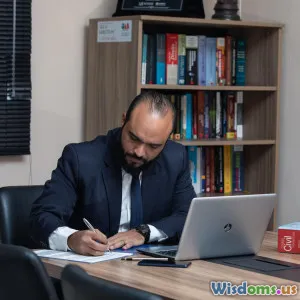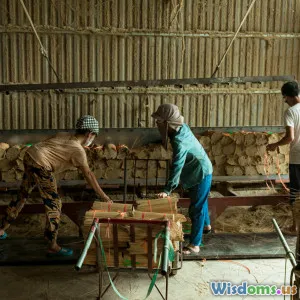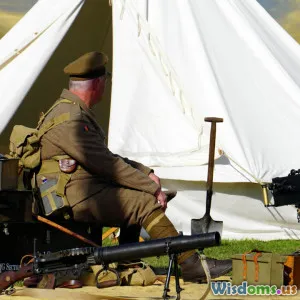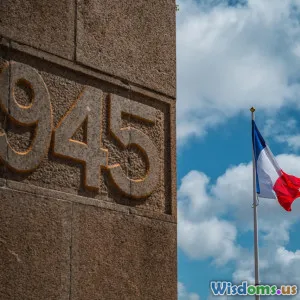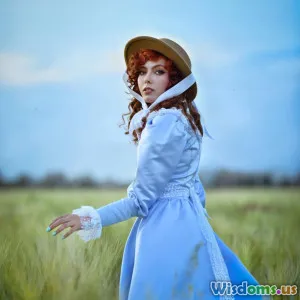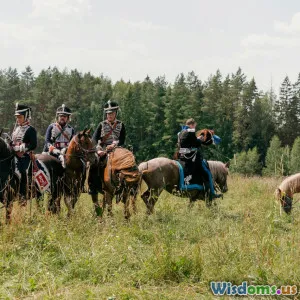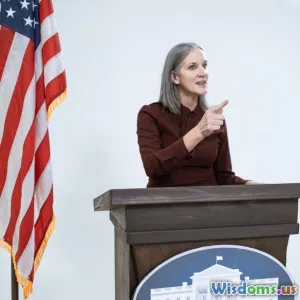
The Role of Secret Organizations in Politics
5 min read Explore the hidden influence of secret organizations in political realms and how they shape governance and power dynamics globally. (0 Reviews)
The Role of Secret Organizations in Politics
Throughout history, secret organizations have wielded significant influence over political landscapes, often hidden from public scrutiny. These groups, ranging from fraternal orders to clandestine societies, have played pivotal roles in shaping governance, public policy, and even international relations. In this article, we will explore the various ways secret organizations impact politics, their historical significance, and the implications of their actions on democratic processes.
1. Understanding Secret Organizations
Secret organizations, often referred to as secret societies, are groups that operate in secrecy, typically with exclusive membership. They often have rituals, symbols, and codes that define their operations. Examples include the Freemasons, the Illuminati, and various political clubs and lodges. While some may focus on philanthropy or social networking, others actively engage in political maneuvering.
1.1 Historical Context
Historically, secret organizations have emerged during times of political upheaval. For instance, the Freemasons, founded in the late 16th century, played a crucial role during the Enlightenment, advocating for reason and individual rights. Their influence extended into the founding of the United States, where many of the Founding Fathers were members.
2. Mechanisms of Influence
Secret organizations often wield power through various mechanisms:
2.1 Networking and Alliances
Members of secret organizations often include influential figures in politics, business, and academia. This networking creates a powerful alliance that can sway public opinion and decision-making processes. For example, the Yale secret society Skull and Bones has boasted members who have gone on to achieve significant political power, including Presidents and Senators.
2.2 Policy Advocacy
Many secret organizations engage in lobbying efforts, advocating for specific policies that align with their interests. They often mobilize resources and expertise to influence legislation. This can lead to policies that reflect the desires of a select few rather than the broader populace.
2.3 Control of Information
Information is a powerful tool in politics. Secret organizations can control narratives by influencing media coverage or suppressing dissenting views. This control can shape public perception and impact electoral outcomes.
3. Case Studies
3.1 The Freemasons
The Freemasons have historically been involved in political discussions, advocating for secularism and democracy. Their influence can be seen in various revolutions, including the American Revolution, where Masonic principles of liberty and equality were embraced.
3.2 The Illuminati
Although often surrounded by conspiracy theories, the Illuminati was founded in the 18th century with the aim of promoting Enlightenment ideals. Their goal was to influence political leaders towards rational governance. Today, they symbolize the fear of elitism in political spheres.
4. The Ethical Implications
The influence of secret organizations raises ethical questions regarding transparency and accountability in governance. When a select group influences political decisions away from public view, it can undermine democratic principles. Citizens may feel disenfranchised, leading to skepticism and distrust in political institutions.
5. Conclusion
Secret organizations have played complex roles in politics throughout history. While they can facilitate networking and advocacy for progressive ideals, their secretive nature poses challenges to transparency and accountability. As society continues to evolve, understanding the influence of these organizations will be crucial for fostering a democratic environment where all voices are heard. Citizens must remain vigilant, advocating for openness in governance while also recognizing the historical significance of these clandestine groups.
In conclusion, the role of secret organizations in politics is multifaceted, and their impact can be both beneficial and detrimental. Recognizing their influence is essential for ensuring that democracy remains a government of the people, by the people, and for the people.
Rate the Post
User Reviews
Popular Posts
















